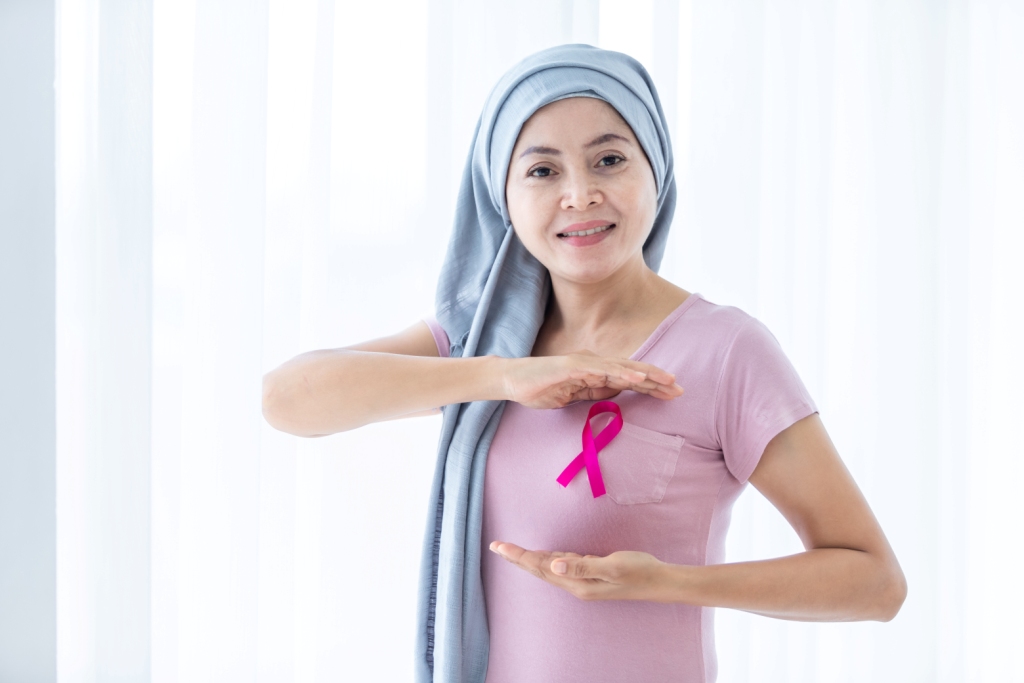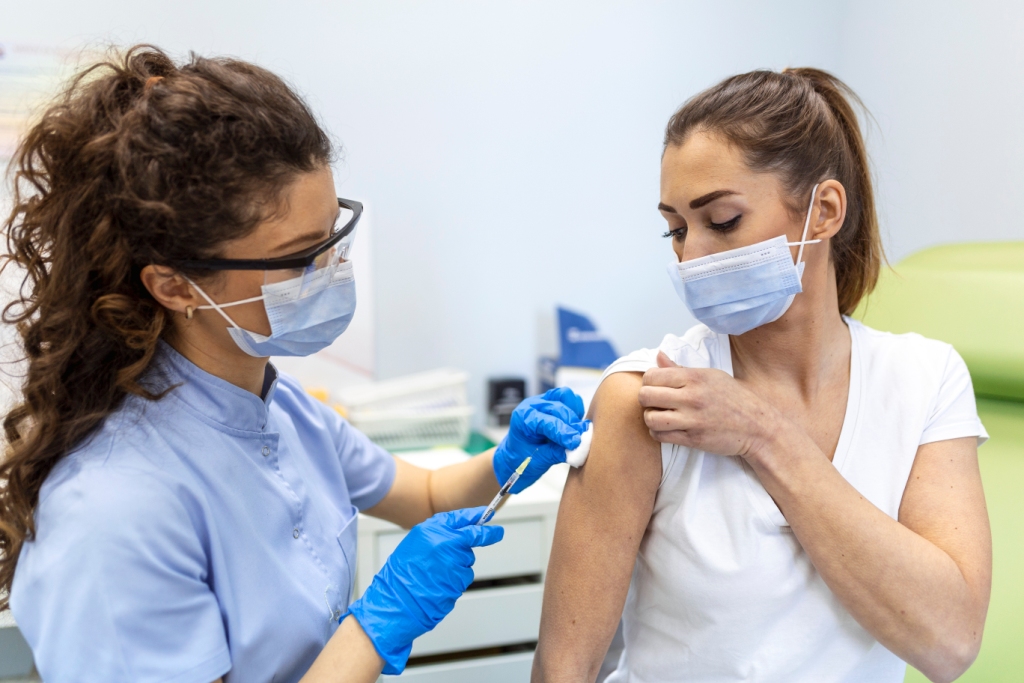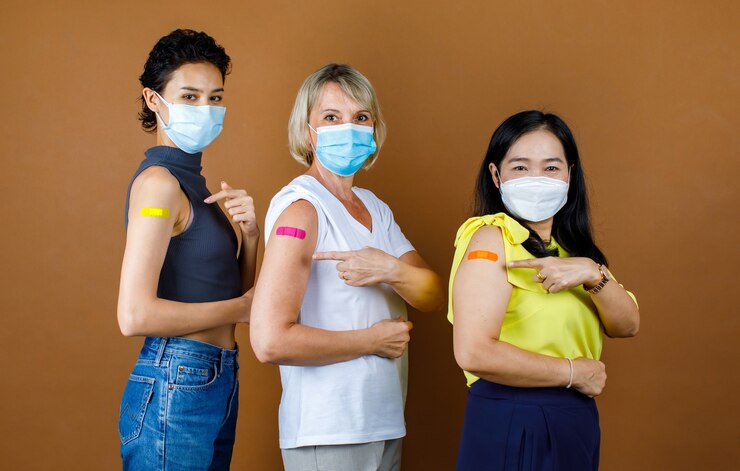January marks Cervical Cancer Awareness Month, serving as a crucial reminder of the significance of preventive measures in combating this highly preventable cancer. Cervical cancer is primarily caused by persistent infection with specific types of the Human Papillomavirus (HPV), making vaccination against HPV a cornerstone in its prevention strategy.
Understanding HPV and its Link to Cervical Cancer Human Papillomavirus (HPV) is a common sexually transmitted infection with over 100 different strains, some of which are linked to cervical cancer. HPV transmission occurs through skin-to-skin contact during sexual activity.

Persistent infection with high-risk HPV strains, notably HPV 16 and 18, is a major risk factor for the development of cervical cancer. While the immune system often clears the virus naturally, persistent infection can lead to cellular changes in the cervix, increasing the risk of cancer over time. The Benefits of HPV Vaccination HPV vaccines have been developed to prevent infection with the most common high-risk HPV strains. These vaccines effectively stimulate the immune system to produce antibodies that protect against infection by specific HPV types. Vaccination not only prevents cervical cancer but also reduces the risk of other HPV-related cancers, such as those of the vulva, vagina, anus, and oropharynx.
Moreover, HPV vaccines have shown remarkable efficacy in reducing the incidence of precancerous cervical lesions, contributing to a substantial decline in cervical cancer cases. Vaccination Guidelines and Recommendations Vaccination against HPV is recommended for adolescents, ideally between the ages of 9 to 14, before they become sexually active. However, vaccination can still be beneficial for individuals up to age 26 who haven’t received the vaccine earlier. The HPV vaccine is administered in two or three doses, depending on the age at initial vaccination. Completing the full vaccination series is crucial for optimal protection against HPV and its associated cancers. Dispelling Myths and Addressing Concerns
There have been misconceptions and concerns surrounding HPV vaccination, including doubts about safety, potential side effects, and beliefs that vaccination may encourage promiscuity. Extensive research and safety monitoring have confirmed the safety of HPV vaccines, with mild side effects such as soreness at the injection site being the most commonly reported. Additionally, scientific evidence has refuted claims that HPV vaccination leads to risky behaviour; instead, it provides critical protection against HPV-related cancers. Encouraging Vaccination and Conclusion HPV vaccination is a powerful tool in cervical cancer prevention. By getting vaccinated, individuals not only protect themselves but also contribute to community immunity, reducing the spread of high-risk HPV strains.
It’s essential to promote awareness about the benefits of HPV vaccination, encourage regular screenings for early detection, and prioritize vaccination as a fundamental preventive measure against cervical cancer. In conclusion, HPV vaccination stands as a pivotal step in the fight against cervical cancer. Embracing vaccination, along with regular screenings and education, represents our best chance at significantly reducing the burden of this disease and safeguarding future generations from the threat of cervical cancer.

Shared By: Dr Sreenivass B J,
Medical Oncologist, HCG Cancer Hospital, Bangalore.





